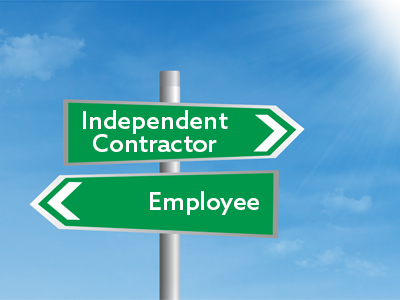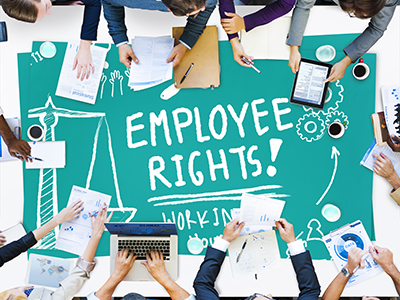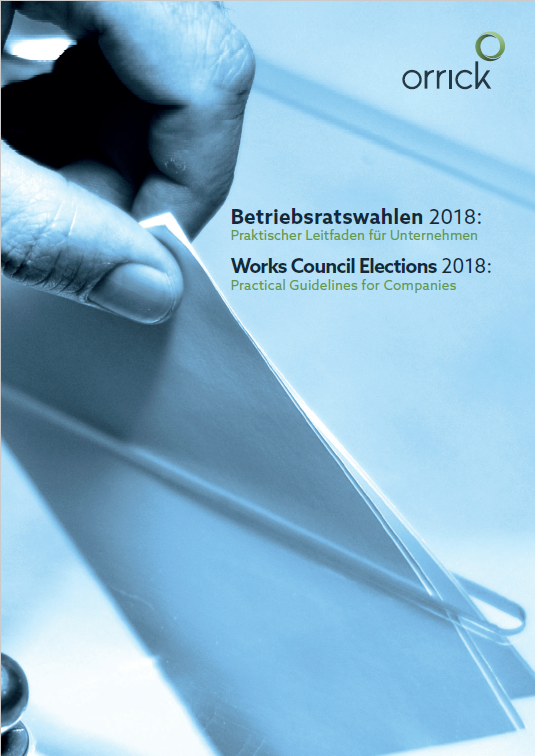It is now the norm to see passersby glued to their phones as they make their morning trek into work. And when those employees head home, they are often unable to “leave work at the office” as they continue to respond to evening messages, texts, and emails. Recent studies have shown that employees who spend time communicating about work matters and engaged in other work activities outside of working hours are less productive in the office and have a worse quality of sleep. Now, a novel bill introduced before the New York City Council seeks to end that practice by giving workers the ability to pull the plug on work communications during non-work hours.
Pulling the Plug: New York City Bill Would Give Workers the “Right to Disconnect”











